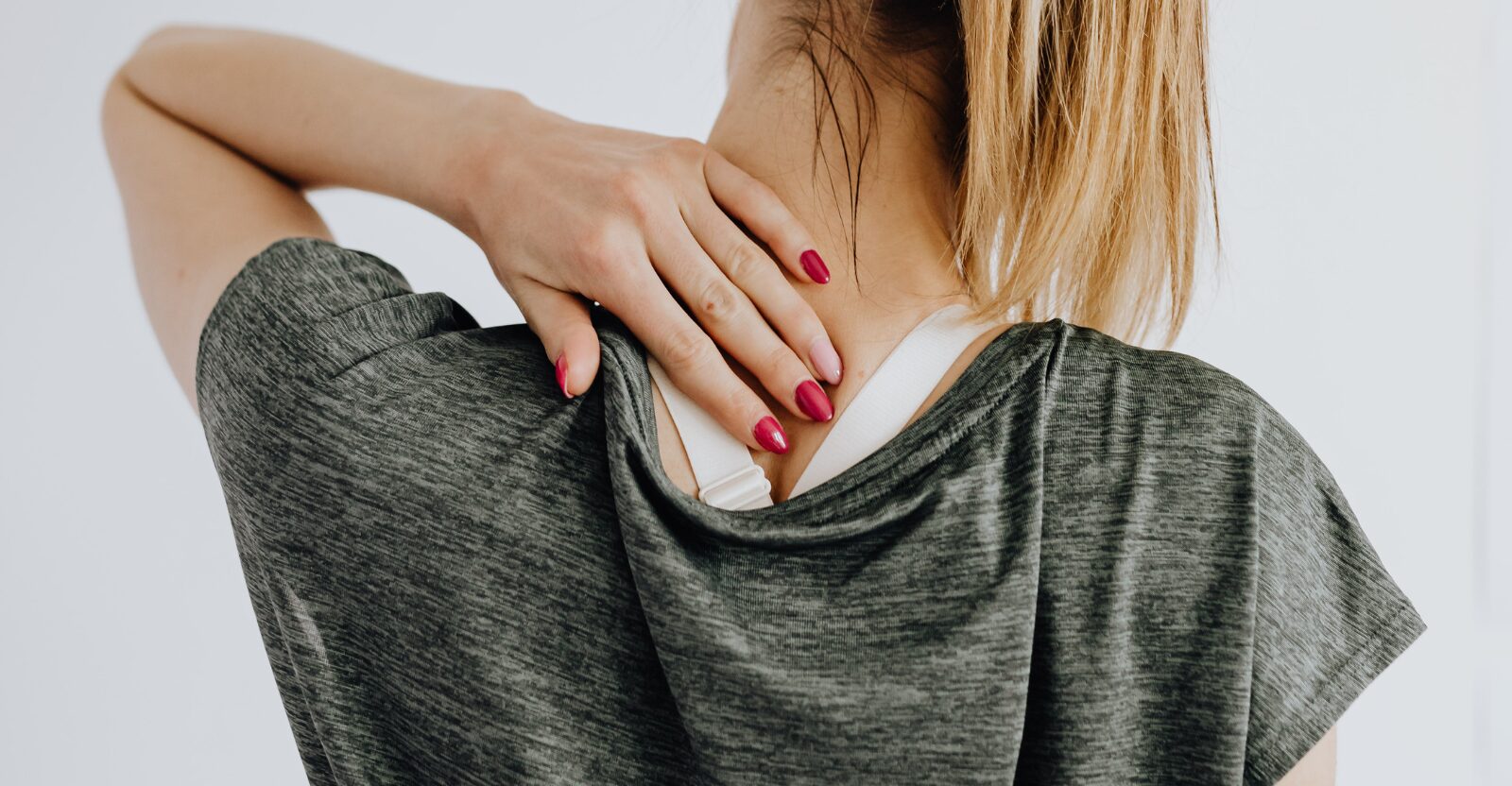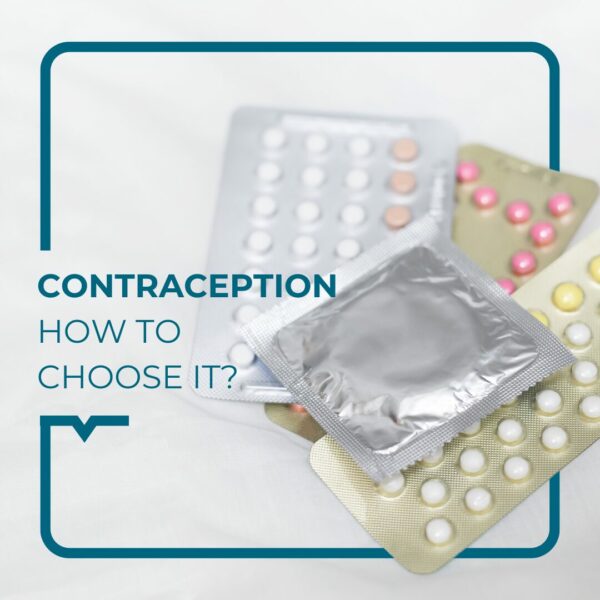I feel so good after a sports session! It’s well known that sport keeps you fit and relieves stress! But the next day, ouch… I can’t even climb the stairs anymore! Here is the famous sore muscles!
Olá, this is Dr Joy!
Today I asked our osteopaths’s advice on how to relieve sore muscles.
Vamos!
But first of all, what is a muscle ache?
Muscular soreness is pain in the muscles after physical exertion. Sometimes it is also experienced when you are tired or have a fever. It occurs about 12 to 24 hours after exercising and can last up to 1 week on average.
In short, your muscles undergo micro-trauma during exercise. Then, during rest, your muscles regenerate leading to an inflammatory reaction: muscle soreness.
You should know that this is a normal reaction and that even the best athletes can feel soreness!
The main causes are:
- Physical effort
- Fatigue and fever
- Stress
- Dehydration
Be careful not to confuse muscle soreness with injuries: muscle soreness is when your muscles feel heavy and tired, whereas an injury is violent and acute, as if you had been stabbed. In these cases, it is better to consult an osteopath.
Sore muscles : what do our osteopaths advise?
Muscle soreness/stiffness is almost inevitable and there is no miracle cure to make it go away. However, we have asked our osteopaths for their best advice on how to relieve them:
- HYDRATION!!!: Did you know that after an intensive sports session you lose up to 2L of water? So you can understand the importance of rehydrating, because dehydration weakens the muscles creating the notorious micro-lesions responsible for muscle soreness. Water also facilitates the transport of carbohydrates which, once ingested, are transformed into glycogen, the source of energy for the muscles. So hydrate yourself throughout the day!
Remember: on average, we recommend drinking 1.5L of water per day. - Warm up: The more your muscles are prepared for the effort, the better!
- Stretching: Stretching is often used to relieve muscle soreness. Be careful: you should stretch gently and only for a few seconds per exercise, to avoid the opposite result.
You can also perform muscle massages, which are even more effective! To help you, you can use oil and a massage stick. - Rest: As you probably already know, after a sports session you need to rest and get enough sleep. Lack of sleep disrupts recovery and increases the risk of injury. It is advisable to have a night’s sleep of between 7 and 9 hours for it to be truly restorative. Also avoid intensive, high-intensity sessions for 2-3 days, your muscles need rest too!
- A protein-rich diet: to help rebuild your muscles.
What about you? What are your tips for reducing sore muscles?
Beijinhos.
Find out about osteopathyThis information is not a substitute for medical advice.
You must seek the advice of your doctor or another qualified health professional with any questions you may have regarding your health condition.



